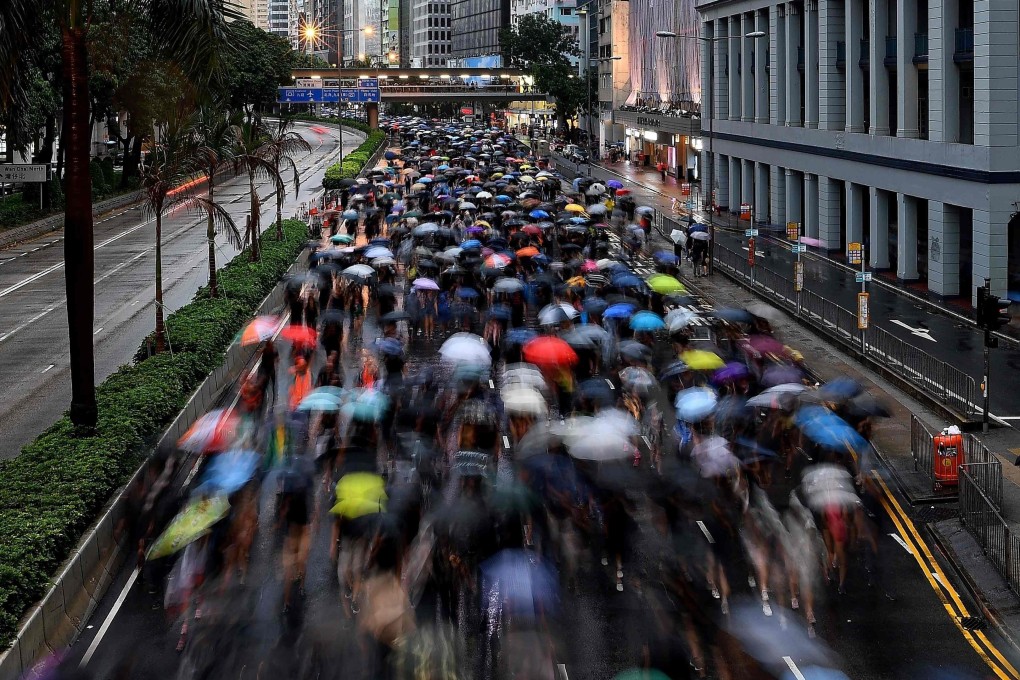Editorial | Civil service needs to play by legal rules
- When it comes to disciplining staff who may have taken part in anti-government protests, there must be still be a presumption of innocence to avoid claims of politicisation

Employees serve probationary periods during which they can be dismissed for reasons such as misconduct or unsatisfactory performance. The civil service chief’s reminder that probationary civil servants charged with having taken part in unlawful protests are no exception is therefore, on the face of it, unremarkable. This followed the release of new Civil Service Bureau guidelines calling for their dismissal.
However, with the charges yet to be tested in court, and the protests in question having been part of a pattern of division and dissent that engulfed society, the guidelines and Patrick Nip Tak-kuen’s comments have prompted a reaction. One reason is the timing, coming after imposition of a national security law that upholds the principle of the rule of law, including presumption of innocence until convicted by a judicial body.
Nip brushed off concerns about violation of the presumption of innocence, saying the guidelines elaborated an existing regulation of the employer-employee relationship and “we cannot just use the bar of criminal responsibility to decide whether the staffer should pass probation”.
In the hypothetical case of a civil servant dismissed over participation in an unlawful protest and for no other reason, this could prove debatable. If a court found the charge unproven, the government may find itself having to justify prior dismissal. It could still rely on the application of its own requirements and legal advice. But the implications for an apolitical civil service are not so clear. Concerns about the perception of politicisation cannot be ruled out.
The authorities have charged or placed under investigation more than 40 government employees for their roles in anti-government protests and, according to the bureau, most have been suspended. The guidelines call for separate consideration of the futures of those arrested but not charged.
To be sure, in recent days, the government has reaffirmed that civil servants must remain impartial and politically neutral, and breaches of the law will not be tolerated. But given the suspensions ahead of prosecutions, a call for dismissals is controversial. The government may see the need to send a warning message but, unavoidably, it has prompted discussion about respect for the core value of presumption of innocence.
